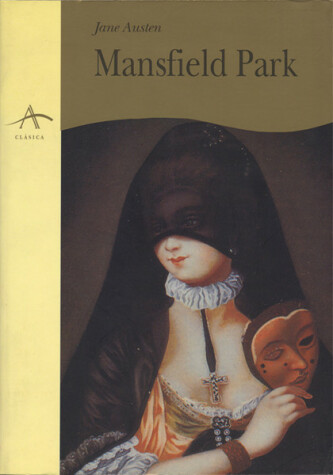
gmcgregor
Written on Jan 29, 2018
Of the lively Bertram children, it is only Edmund that makes the effort to draw Fanny out of her shell, and so by the time she becomes a young woman of marriageable age, she's of course quietly-but-devotedly in love with him. To the rest of the family, she's sort of halfway one of their own. But things turn upside down when a new parson arrives, complete with his wife and her half-siblings: Henry and Mary Crawford. They're Londoners, and have city attitudes that contrast sharply with Fanny and her country morals. Henry's flirtations nearly break up one of the Bertram girls' happy engagements, while Mary and Edmund begin to grow closer despite her concerns that his planned future, as a clergyman, won't be lucrative enough to sustain her in the lifestyle she'd like to lead. And then Henry, to amuse himself, decides to try to make Fanny fall in love with him...only to find that he's the one who grows besotted. Since this is Austen, it ends with a happily made marriage and everyone getting more or less what they deserve.
Those who like to read Jane Austen for her sparkling, witty female leads, like Eliza Bennett or Emma Woodhouse, will be disappointed here: Fanny Price is more like Elinor Dashwood, but with the fun quotient dialed down to almost zero. I'm glad I didn't read this book until I was in my 30s, because I think if I'd read it when I was younger I would have found her so tiresome and boring I would have put the book down. That's my most significant criticism of the book: Fanny can be hard to root for, even though we're clearly supposed to. She's definitely sympathetic, but she's also kind of a stick-in-the-mud. She always always behaves appropriately and is horrified by transgressions of her strict moral code. At the end of the day, I found her good heart outweighed the irritation of her teacher's pet persona, but I can imagine plenty of readers finding it hard to really like her and therefore really like the book.
But even though "bad kids" Henry and Mary are much more interesting than our protagonist, I still very much enjoyed reading this book. Jane Austen's turns of phrase and lively wit are just as much a part of this book as they are her others, and it's her quality of writing that I find enjoyable more than her characters anyways. It's maybe a trifle overlong. If you haven't read her work before, I wouldn't recommend starting here, because it's one of her slower books (start with Sense and Sensibility instead). But if you have read her and like her and wonder if you should read this, too, I do recommend it.


